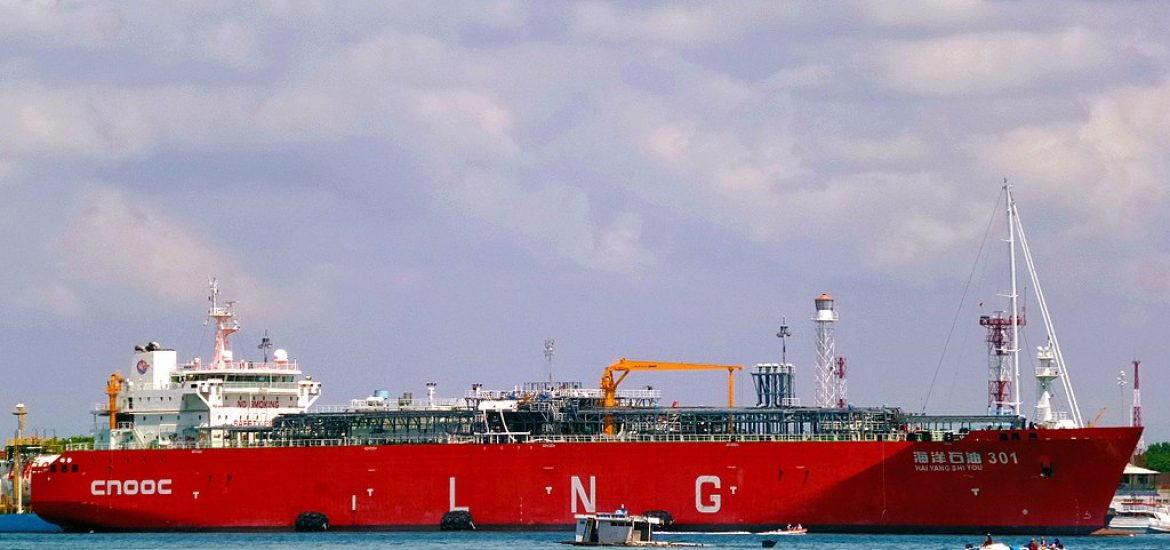
Oil, gas, iron ore and copper prices have tumbled since the coronavirus outbreak in mid-January as Chinese importers refuse deliveries.
Asian LNG prices fell to their lowest point on record at less than half of what they were in February 2019. It follows last week’s decision by CNOOC, the Chinese state-owned oil company, to announce a force majeure or unforeseeable circumstances that prevent the fulfilment of a contract.
Some European suppliers, including French giant Total, have rejected the Chinese requests. Total said it had rejected a request from an unidentified Chinese LNG buyer.
China is the world’s second-largest LNG importer.
Energy shipbroker Poten and Partners said at least five LNG cargoes had been diverted away from China and 30 others due to land this month could be diverted, delayed or face force majeure declarations.
LNG suppliers are looking elsewhere for customers. India has commissioned an LNG terminal and is being seen as a potential market but it lacks an adequate pipeline infrastructure, according to industry sources.
“Europe absorbed most of the incremental LNG supply in 2019,” said James Taverner of consultancy IHS Markit. “However, with gas storage at high levels, limited opportunity for further power sector fuel switching and uncertainty around how pipeline suppliers will respond, Europe may struggle to accommodate the surplus in 2020.”
Copper buyers have reportedly issued force majeure notices in response to the illness.
Global rubber prices on the Tokyo Commodity Exchange have fallen by around 17 per cent this year.
Vessels bound for China have reduced speed, industry sources said. Chinese factories and transport networks have been closed.
Ole Hansen, Saxobank’s strategy chief, told the media: “Commodity markets continue to bear the brunt of the coronavirus outbreak. With China being the world’s most dominant consumer of raw materials, the impact has been felt strongly across key commodities and the world is facing the biggest demand shock since the 2008-09 global financial crisis.”
China is the world’s largest oil importer. Industrial sources estimate that the coronavirus has reduced Chinese oil demand by about 20 per cent or almost 3 million barrels per day.
The Brent crude price, the oil benchmark, has dropped from around US$65 a barrel in mid-January to below US$55 last week.
In response, Opec is trying to agree on deeper production cuts with Russia. The cartel proposed cutting oil supplies by 600,000 barrels per day, despite supply crises in Libya, Venezuela and Iran.
The Guangxi Nanguo copper smelter in southwest China declared a force majeure on its copper concentrate supplies.
Antofagasta, Chile’s copper mining firm, and BHP, the world’s largest mining company, saw their share prices tumble last week.
Picture credit: Wikimedia





